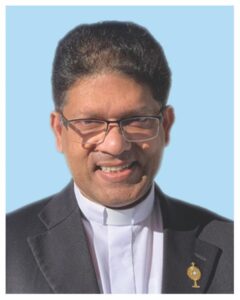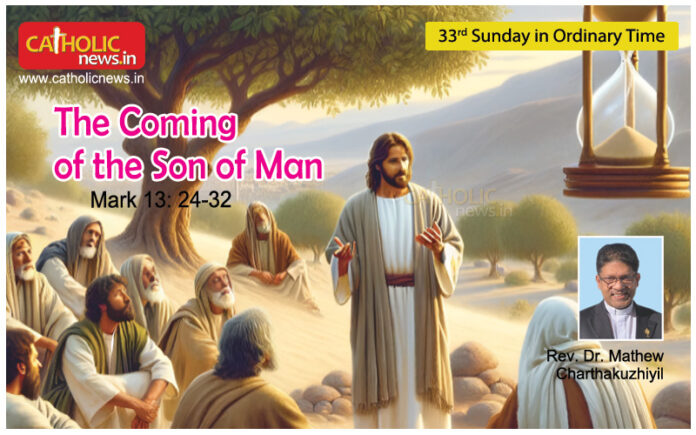
The destruction of the Jerusalem Temple and the Holy City in A.D. 70 was the worst day in the history of the Jewish people. For the Jews, the Temple, which connected heaven and earth, was a microcosm of the universe. In that sense, the destruction of the Temple was equal to the destruction of their whole world. The five-month siege of the city by the Roman army resulted in severe famine and the death of thousands of people. The ordinary people were assorted to animal-like behavior, killing each other for food and the precious metals people had swallowed. The Romans publicly crucified anyone who resisted, and they also wanted to create terror in the minds of the Jews. After breaching the walls of the city, the Roman soldiers ransacked and crushed the city. Many were burned alive, and infants were thrown from the city walls. The Temple was completely ravaged, and all the precious materials were either destroyed or stolen. The Temple of Jerusalem has never been rebuilt, and what remains there today is a smaller part of the Western Wall, known as “the Wailing Wall”.
The above-mentioned background should be in our minds when we read today’s Gospel. St. Mark wrote the Gospel after the resurrection of Jesus, and all these events were taking place when he wrote it. He is reminding the readers of the words of Jesus: “… this generation will not pass away until all these things have taken place” (Mk. 13:30). This is a prophecy that is being fulfilled in their lifetime. Still, it is a very difficult passage for us to comprehend, because of the content and language. It is an unimaginable horror and a disturbing passage for us. We should not forget that still there are nations around the world where people go through similar situations.
These stories remind us that we have a responsibility to work for peace and harmony in the world. Since 2017, this Sunday has been observed as the World Day of the Poor in our Church. Pope Francis instructs us to show our love for the neighbor not only with words but also with actions. Materially speaking, we are all born poor, as we have not brought to this world anything we possess today. We all will die poor since we will not take any material riches with us. Spiritually speaking, we are all born rich, since we reflect the glory of God in each one of us. We all can die rich if we can share our spiritual and material wealth and talents with others. It is not in having so much but in sharing and multiplying what we have, we become rich.
As we celebrate the World Day of the Poor, let us become rich by sharing our time, talents, and wealth with others. Let us try to build a community that cares for others by sharing our goodness and virtues. Let me conclude this reflection with the words of Pope Francis from his message on the World Day of the Poor: “Jesus not only sides with the poor; he also shares their lot. This is a powerful lesson for his disciples in every age. The poor are not people “outside” our communities, but brothers and sisters whose sufferings we should share, in an effort to alleviate their difficulties and marginalization, restore their lost dignity and ensure their necessary social inclusion… We cannot wait for the poor to knock on our door; we need urgently to reach them in their homes, in hospitals and nursing homes, on the streets, and in the dark corners where they sometimes hide, in shelters and reception centers. It is important to understand how they feel, what they are experiencing, and what their hearts desire.”
Rev. Dr. Mathew Charthakuzhiyil



